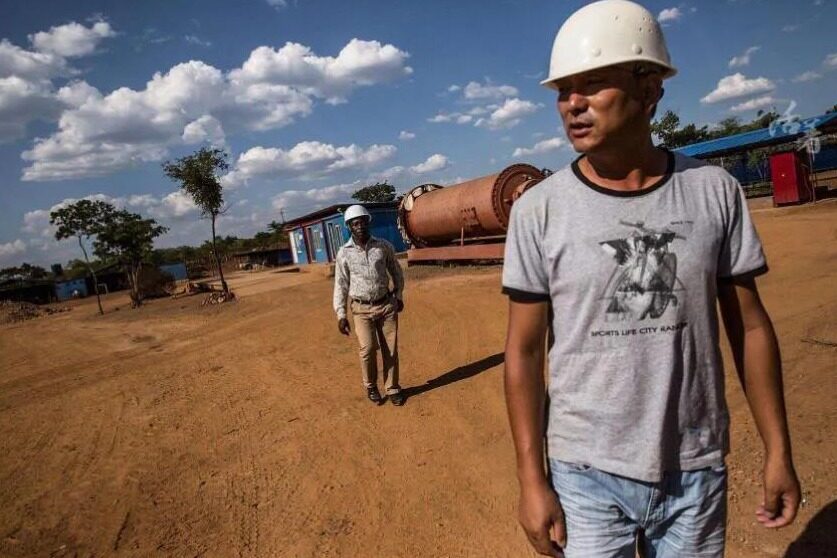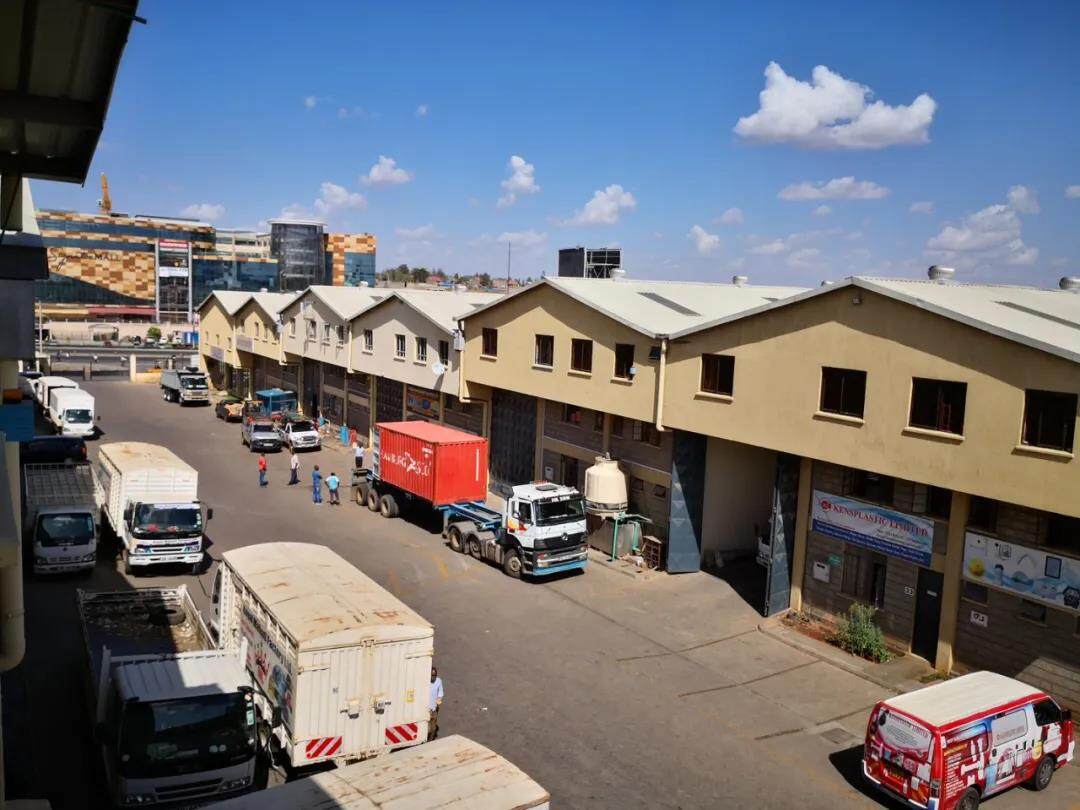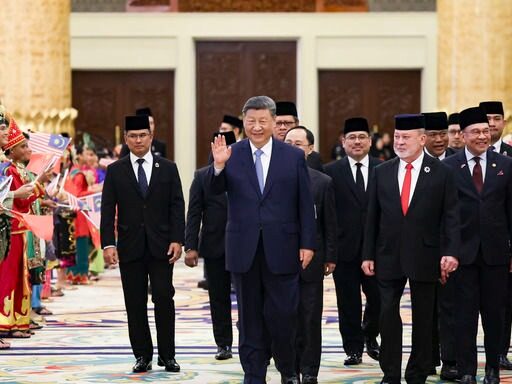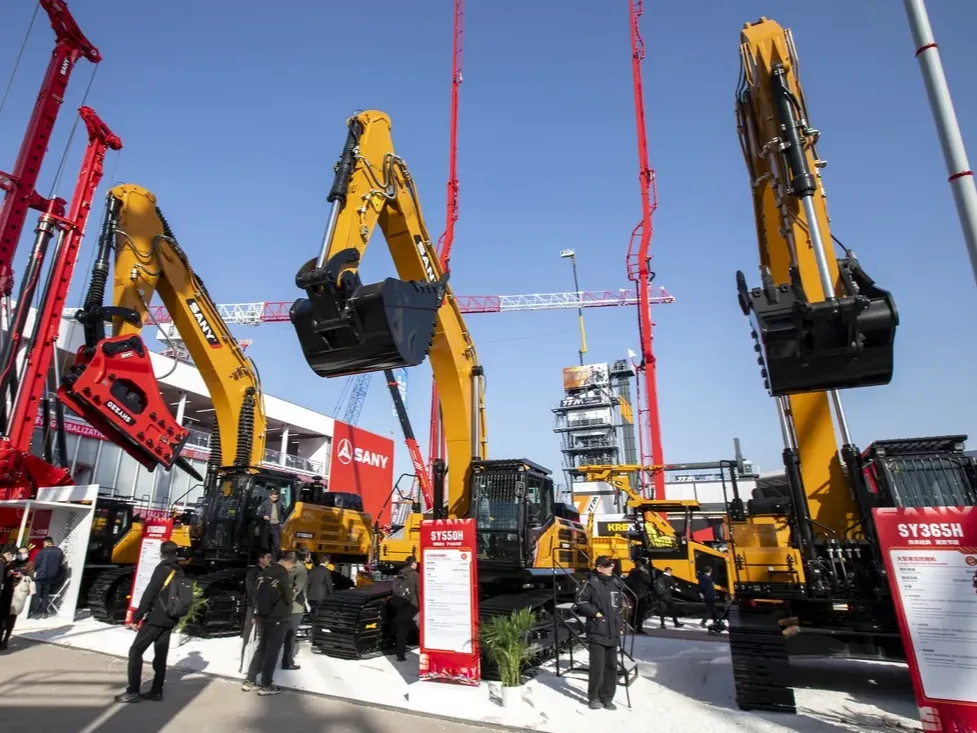- The emergence of Chinese companies is changing the face of African countries

Africa is the continent with the largest concentration of developing countries. Africa has developed into a place with the fastest economic growth after China and Southeast Asia. In the process of rapid economic development in Africa, the power of Chinese enterprises cannot be ignored.
According to statistics, the total number of Chinese in Africa currently exceeds 1 million.
Most countries in Africa are underdeveloped, and even some countries’ public security situation is unstable, and their transportation and communication infrastructure are slightly inferior to those in the country. Although most regions use English or French as their official languages, people in many regions still speak The local language is not the official language; language barriers and huge cultural differences may cause great obstacles to daily communication, let alone business communication.
Although there are many difficulties, there are still a large number of Chinese people every year. Chinese companies have gone to Africa successively to develop their careers. There are not a few that have done well. And how these Chinese companies that have survived these trials have developed in Africa. Did you start?

Over the years, I have seen many Chinese companies in Africa, and have come into contact with many people and things. If you want to do well in Africa, I think it is nothing more than the following:
Into Africa, localization is essential
It should be understood that Africa is very different from China in terms of social environment, language, cultural traditions, etc., and these factors play an extremely important role in the development of the African economy. However, the vast majority of Chinese companies that are going to Africa ignore the important impact it will have on the development of companies in Africa. Obviously, if you want to adapt to the complex market environment in Africa, you cannot directly copy the thinking and routines of setting up a business in China to Africa. Therefore, once a Chinese company chooses to enter Africa, it is essential to localize the company.
The localization of enterprises can be implemented from the following five aspects:
1. Directly build a local manufacturing plant, or choose to cooperate with a local company in Africa, and subcontract the business to a local company. This can not only promote the localization of Chinese enterprises to reduce production costs, but also promote the development of local manufacturing. Promote local surrounding industries.
2. Purchasing materials, materials and equipment at the location of the project is an inevitable choice for Chinese enterprises to operate locally. This will not only promote the development of local manufacturing, increase local government taxation and local enterprise income, but also make Africa's already rich resources available More added value.

3. Employing local people to realize the localization of enterprise employment is conducive to reducing costs. The company must take active employment of local residents and increase their income as an important corporate responsibility, provide training and employment opportunities for local people, and promote local technical standards and availability. Continuously develop the ability and insist on teaching people to fish as well as teaching people to fish.
4. Implement enterprise product channel segmentation, provide high-quality products, strictly control quality in all aspects of material procurement, construction organization, product inspection, etc., to ensure that the project meets various standards and standards, and establish a good image of Chinese enterprises.
5. Respect the local culture and customs, realize the localization of marketing, adjust the company's products according to local standards, and make every effort to meet the needs of market segmentation and differentiation! Establish a promotion team that has a certain understanding of African languages, cultural traditions and extremely intricate markets.
Go out in a group and join forces
African countries and China are different in history and culture, and their working styles are quite different. It is often difficult to achieve complete consistency in terms of business model, cultural background, and values. Therefore, when Chinese companies enter Africa, they should follow the customs, respect the living customs of local Africans, and be good at communication. Superiority and discrimination can easily cause resistance among local people, leading to inefficiency in work.
After more than half a century of exporting raw materials, the African economy is also eager to transform into the next world factory. What Africa needs now is not just funds, but how to help Africa achieve self-development and fundamentally solve the problems of Africa’s development through the establishment and improvement of its own economic system.
Because the political systems and economic development of most countries in Africa are unstable, small and medium-sized enterprises often face multiple challenges such as property security, political risks, and complex market environments in the process of "going to Africa". Moreover, due to the underdeveloped basic industries in Africa , Most industries have not yet formed a complete industrial chain, leading to higher and more difficult investment costs for companies in Africa.
In the past, companies have chosen to fight alone, but now Chinese companies can choose to "go out in groups" and go to sea in groups. This has always been regarded as one of the best ways for Chinese companies to invest overseas and reduce risks. Companies can enter the African market together with companies in their related industries to jointly promote the development of local economies in Africa, share and complement resources in the process to form a combined advantage, which is conducive to solving the problem of incomplete industrial chain, improving production efficiency and avoiding operating risks. , Enhance international competitiveness, etc., can also reduce the cost of enterprises going overseas to a certain extent, and ultimately achieve a win-win situation.
It’s better to teach people how to fish than to teach people how to fish.
In the past, some countries’ assistance to Africa was mainly focused on infrastructure, education, medical care, and food supply. Although these can solve Africa’s temporary problems, there is no way to fundamentally solve the problems. Therefore, business operators need to take a long-term perspective, pay attention to fulfilling social responsibilities while making profits, help local economic development as much as possible, solve livelihood issues such as employment, and try to contribute to improving the basic living standards of local people, and strive for profit Under the concept of taking into account, create the goal of mutual benefit and win-win.
Most African countries have a weak industrial foundation, and there is a big gap in technology compared with Chinese companies that "go global". For Chinese companies in Africa, with technological advantages, there are huge profit margins, but they also need to be cautious in facing incalculable risks. How to weigh the relationship between economic interests and social responsibilities, how to make good use of the relative technological advantages to achieve mutual benefit and common development, how to improve the self-pattern, and jump out of pure pursuit of profit space, is worth thinking about every Chinese enterprise going to Africa.

Today, all kinds of Chinese companies can be seen across the African continent: from newly built bridges, highways, dams, railways, national stadiums and other infrastructure, to housing, hospitals and other livelihood projects, the emergence of Chinese companies is changing The appearance of African countries has made important contributions to improving the quality of life of African people and enhancing the competitiveness of African countries.
Teach people how to fish, there will be no help or change, and we are always teaching people how to fish! For non-comrades, come on! Editor/Sang Xiaomei
Comment
 Praise
Praise
 Collect
Collect
 Comment
Comment
 Search
Search














Write something~